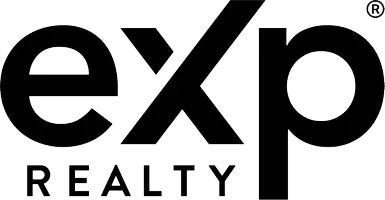Key Savings Goals When Purchasing a HomeKey Savings Goals When Purchasing a Home

Buying a home can feel overwhelming, especially when it comes to budgeting—but it doesn’t have to be. By understanding the upfront costs you may encounter, you can approach the process with confidence.
Here are three key expenses experts recommend factoring into your budget:
1. Down Payment
Your down payment is often the first thing you think of when saving for a home. But how much do you really need? Contrary to popular belief, you don’t always need to put down 20%. Depending on your loan type and financial goals, some options may require as little as 3.5% or even 0% down.
As The Mortgage Reports explains:
“The amount you need to put down will depend on a variety of factors, including the loan type and your financial goals. If you don’t have a large down payment saved up, don’t worry—there are plenty of options available…”
A trusted lender can guide you through loan options, down payment requirements, and potential assistance programs to help you plan effectively.
2. Closing Costs
Don’t forget to budget for closing costs, which include fees for services such as appraisals, title insurance, and loan underwriting. According to Bankrate:
“Mortgage closing costs are the fees associated with buying a home that you must pay on closing day. Closing costs typically range from 2% to 5% of the total loan amount.”
Your lender can provide detailed estimates and answer any questions so you’re well-prepared. Additionally, plan for your real estate agent’s professional service fee, which may or may not be covered by the seller.
3. Earnest Money Deposit
An earnest money deposit shows the seller you’re serious about buying their home. Typically 1%–2% of the home’s purchase price, this deposit is applied to your down payment and closing costs if your offer is accepted. As Realtor.com describes:
“It tells the real estate seller you’re in earnest as a buyer...earnest money funds go toward the down payment and closing costs.”
While not mandatory, an EMD can strengthen your offer. Your real estate advisor can help you determine whether it’s necessary and how it fits into your overall plan.
By working closely with trusted professionals, you’ll gain the knowledge and support you need to navigate these expenses and make confident decisions on your journey to homeownership.
Bottom Line
The cornerstone of a successful homebuying savings strategy lies in being well-informed about the expenses you’ll encounter along the way. When you have a clear understanding of what to expect, you can create a plan that aligns with your financial goals and minimizes surprises. By working closely with an expert real estate agent and a trusted lender, you’ll gain valuable insights into the process, from navigating down payments and closing costs to exploring assistance programs that may be available to you. This partnership empowers you to make informed decisions and approach your homebuying journey with confidence, ensuring that you’re well-prepared every step of the way.
Categories
Recent Posts
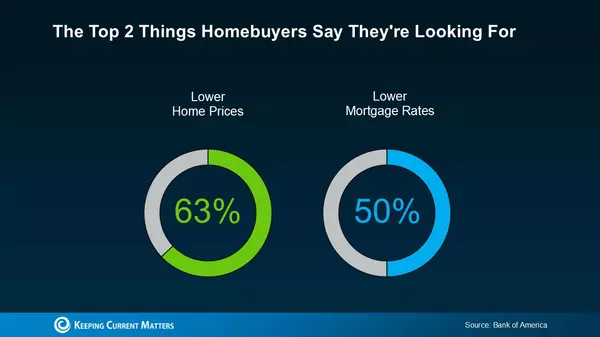
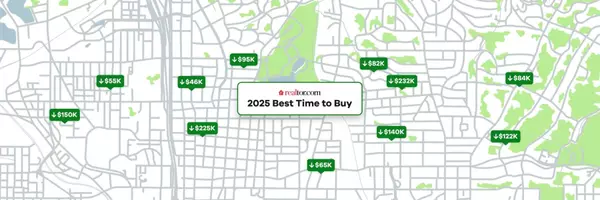
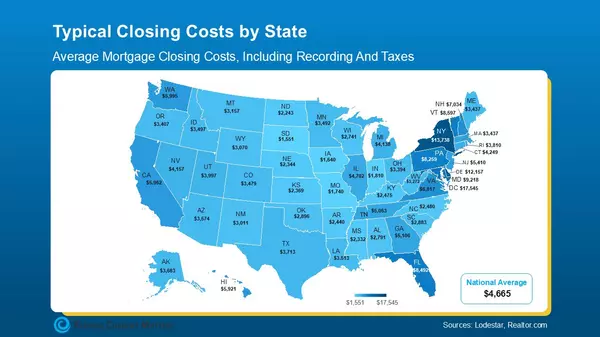
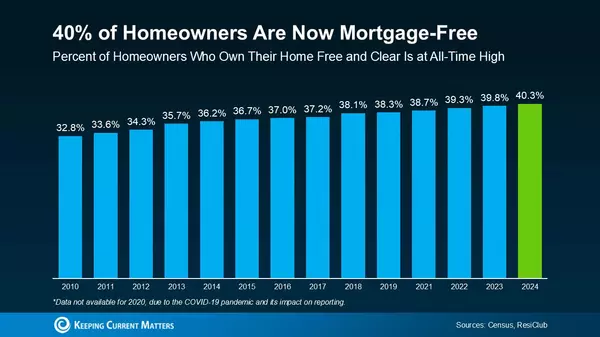
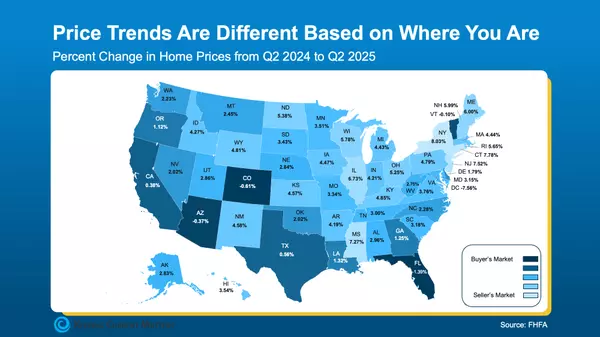
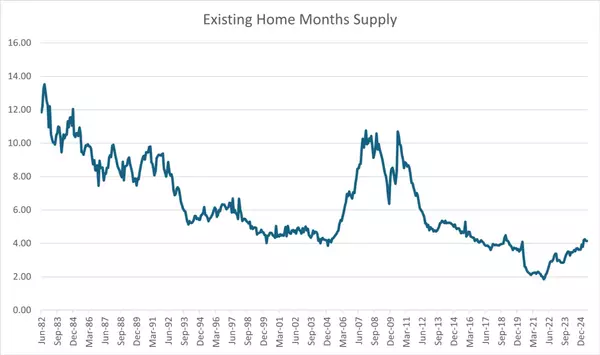
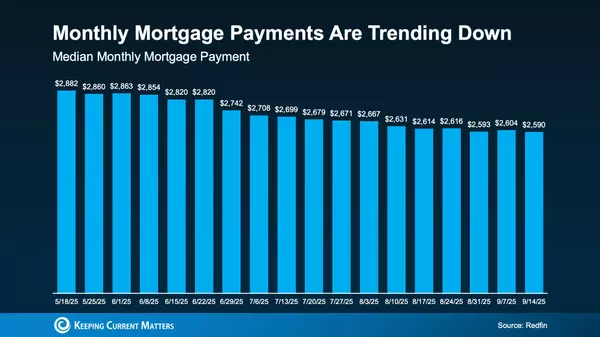


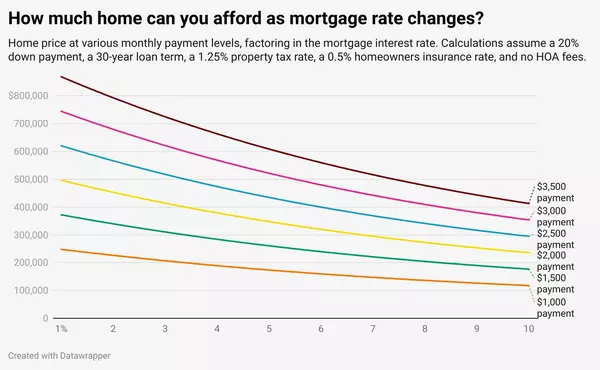
GET MORE INFORMATION

